Thanksgiving should be filled with laughter, love, and delicious food. The holiday should not be filled with stress and fear of a potential pet emergency. While this time of year is wonderful for celebrating with friends and family, the traditional trappings can pose health hazards to your pet. Our Oliver Animal Hospital team wants to help you ensure your pet’s safety during your holiday festivities, so we’re sharing four essential tips for a joyful and pet-safe Thanksgiving.
#1: Keep festive foods out of your pet’s reach
You likely look forward to your Thanksgiving feast all year. From roasted turkey to savory mashed potatoes and mouth-watering pumpkin pie, the aromas not only entice your taste buds but also tempt your pet who will be all too happy to clean up any spills or dropped food, or simply snatch a tempting morsel from your kitchen counter or trash cans. However, many Thanksgiving staples include ingredients that are harmful or toxic to pets:
- Bones — Cooked meat bones seem like a great chew toy for dogs. However, bones can splinter easily while your furry pal gnaws them and can perforate or become stuck in their digestive tract if your pet swallows the pieces.
- Fatty foods — If your pet eats turkey skin, sausages, cooking grease, or gravy, they can develop pancreatitis, an extremely painful and serious condition.
- Unbaked yeast dough — When ingested, proofing yeast dough will continue to rise inside your pet’s warm stomach, which can result in severe abdominal pain, and lead to a gastrointestinal (GI) obstruction, a life-threatening surgical emergency. Keep unbaked dough out of pets’ reach.
- Grapes and raisins — Grapes and raisins are toxic to pets and can damage their kidneys beyond repair.
- Garlic, chives, and onions — These tasty vegetables are commonly used to flavor Thanksgiving side dishes, but garlic, chives, and onions can destroy your pet’s red blood cells, leading to potentially fatal anemia.
- Xylitol — This sugar substitute can cause a sudden drop in your pet’s blood sugar, causing incoordination and seizures.
- Nuts — All nuts are high in fat and can trigger pancreatitis. Macadamia nuts are especially harmful to pets because they can cause a life-threatening syndrome characterized by central nervous system depression, muscle weakness, vomiting, and hyperthermia.
- Cinnamon and nutmeg — These common pumpkin pie spices can cause your pet to experience GI upset. In addition, if your pet eats a large quantity of nutmeg, they can experience disorientation, increased heart rate, and seizures.
#2: Monitor your pet for holiday stress signs
When hosting a gathering, ensure your guests do not overwhelm or stress your pet. If your pet chooses to socialize, monitor them for stress signs, and remove your furry pal from any anxiety-causing situation. Pets’ common stress signs include:
- Panting, pacing, or drooling
- Hiding, freezing, or trembling
- Excessive yawning or lip licking
- Clinging to people
- Attempting to run away or escape their home or crate
- Vocalizing
- Hypervigilance
- Refusal to eat or take treats
Although your pet may be a party animal, ensure you provide them with a place where they can escape and decompress if they need to take a break. If you know your pet is highly anxious, talk with our Oliver Animal Hospital team before Thanksgiving to determine whether a short anti-anxiety medication or sedative course can help your furry pal remain calm during holiday festivities.
#3: Protect your pet from hazardous decor
Fall foliage makes a gorgeous table centerpiece and porch display. However, if your pet ingests many of these plants, such as ornamental corn, cornstalks, chrysanthemums, lilies, autumn crocuses, pumpkins, and squash, they can become severely ill. Keep potentially dangerous plants and decor out of your pet’s reach, or swap out toxic plants for pet-safe alternatives. To determine if your fall plants are pet-safe, search this poisonous plant list. To help ensure your pet avoids a Thanksgiving decor health emergency, reconsider these other potentially dangerous items:
- Candles — Always keep your pet away from open flames, as your furry pal can easily be burned, or start a fire.
- Potpourri — This scented decoration contains herbs and oils that are poisonous to your pet.
#4: Update your pet’s identification
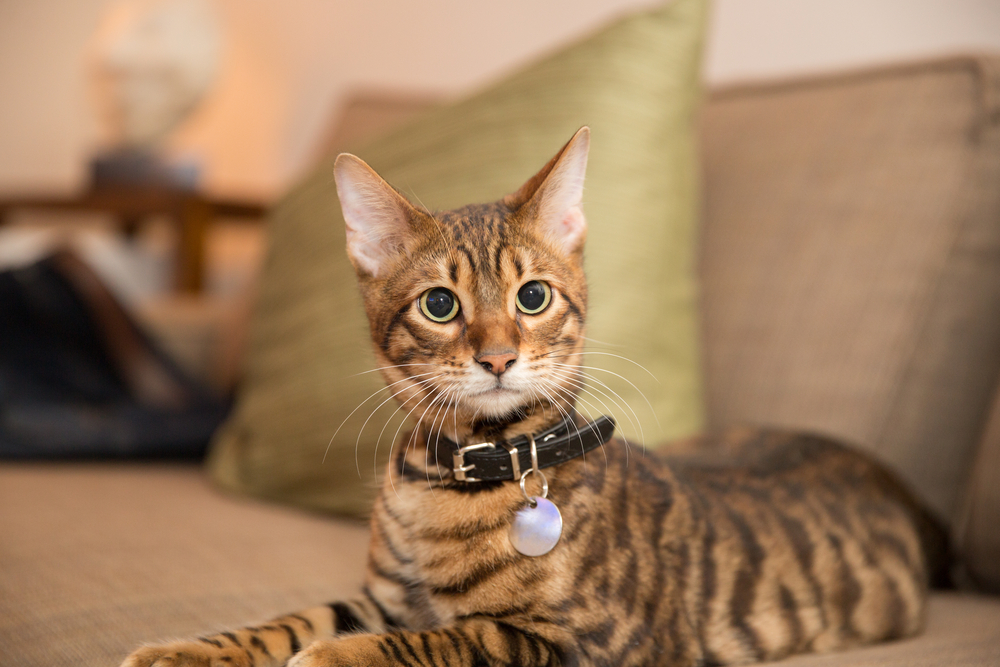
Many pets see an open door as an invitation to run away during a chaotic household event such as a Thanksgiving celebration. Ensure your pet wears a collar with current identification tags. If your pet has not been microchipped, schedule this quick, pain-free veterinary procedure before the holiday frenzy begins. When your pet is microchipped, they are more likely to be returned to you should they go missing.
Follow these tips to help ensure you can enjoy your Thanksgiving festivities while keeping your pet safe. However, if your pet gets into trouble, contact the south Austin veterinarians and our Oliver Animal Hospital team.



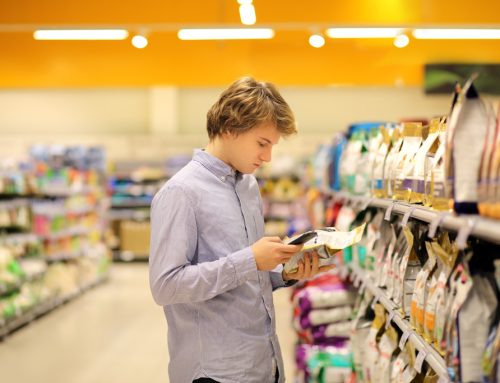
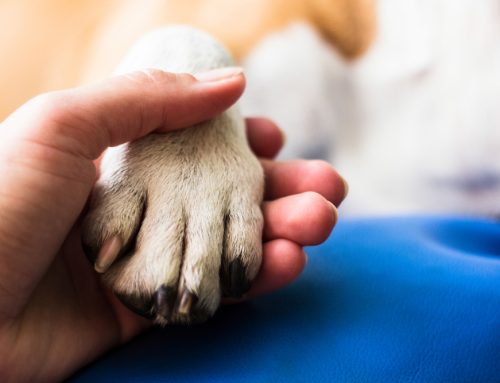
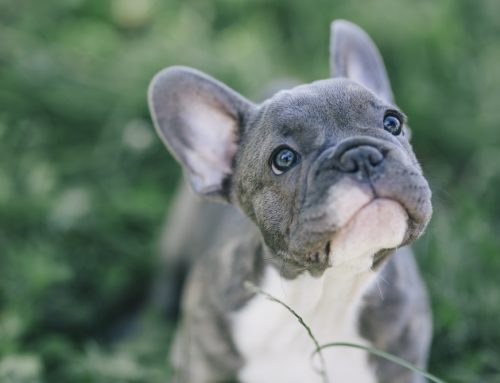
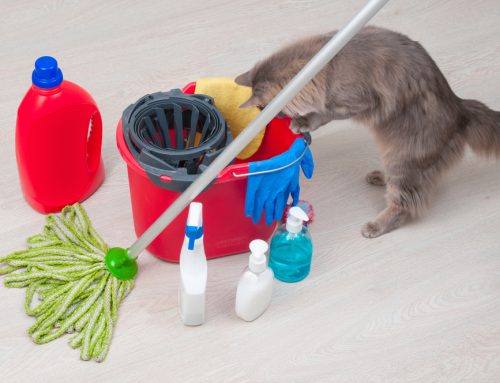

Leave A Comment